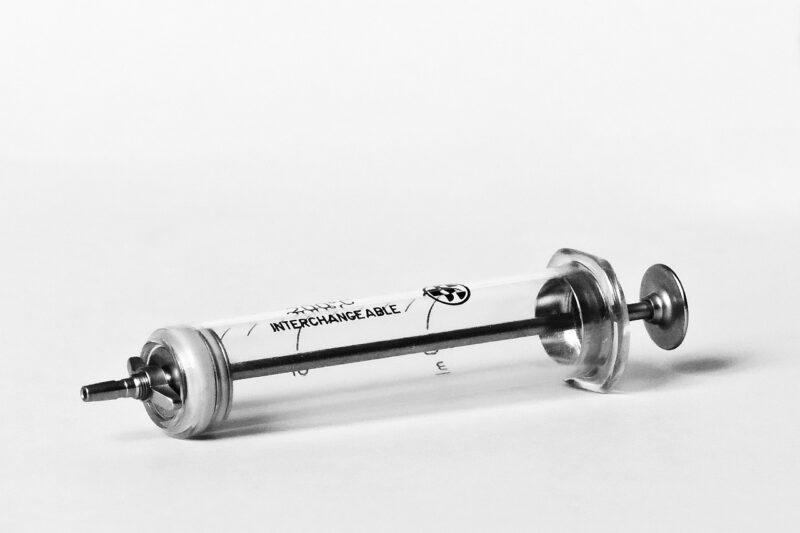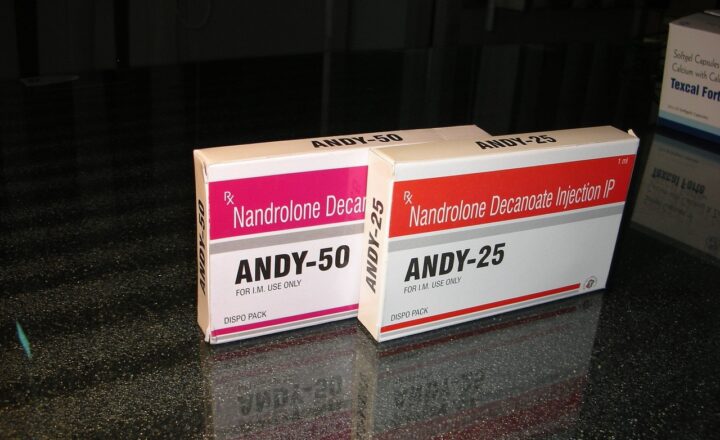How Steroids Affect Hormone Levels and What That Means for Your Health
November 14, 2024

Steroids, particularly anabolic steroids, have been prevalent in sports and bodybuilding since the mid-20th century. While these substances are associated with enhanced athletic performance and muscle growth, their effects on the body go far beyond mere physical transformation. Understanding how steroids affect hormone levels is crucial for anyone considering their use, given the potential health risks involved.
1. What are Steroids?
Steroids are synthetic derivatives of testosterone, the primary male sex hormone. They are classified primarily into two categories: anabolic steroids and corticosteroids. Anabolic steroids are used to promote muscle growth and enhance physical performance, while corticosteroids are used to alleviate inflammation and treat various medical conditions.
It’s important to distinguish between the two, as their effects on hormone levels and health outcomes vary significantly.
2. How Anabolic Steroids Alter Hormone Levels
When anabolic steroids are introduced into the body, they mimic the effects of naturally occurring testosterone. This results in a cascade of hormonal changes:
- Increased Testosterone Levels: The immediate impact of anabolic steroids is a significant increase in testosterone levels in the bloodstream. This surge facilitates muscle protein synthesis, leading to increased muscle mass and strength.
- Suppression of Natural Testosterone Production: The body regulates hormone levels through feedback mechanisms. When external testosterone is introduced, the body decreases its own production, leading to lower levels of natural testosterone over time. This suppression can cause hormonal imbalances, particularly when steroid use is discontinued.
- Changes in Estrogen Levels: Some anabolic steroids can be converted into estrogen through a process called aromatization. Elevated estrogen levels can lead to side effects like gynecomastia (development of breast tissue in men) and increased body fat distribution.
- Alterations in Other Hormones: Steroid usage can also affect levels of hormones such as cortisol (a stress hormone), which may be suppressed by anabolic steroids, potentially leading to altered mood states and a greater propensity toward stress management issues.
These changes in hormone levels can have profound effects on both physical health and psychological well-being.
3. Health Implications of Hormonal Changes from Steroid Use
The hormonal alterations induced by steroid use can have several consequential health implications:
- Cardiovascular Risks: The increase in estrogen and alteration in cholesterol levels can lead to an increased risk for heart disease. Users may experience higher levels of low-density lipoprotein (LDL) cholesterol and lower levels of high-density lipoprotein (HDL) cholesterol, contributing to atherosclerosis and heart-related issues.
- Hormonal Disorders: Chronic anabolic steroid use can lead to disorders such as hypogonadism (low testosterone levels) once steroids are discontinued, resulting in symptoms like fatigue, depression, and loss of libido.
- Psychological Effects: Fluctuations in hormone levels can affect mood and behavior, leading to increased aggression (commonly referred to as ‘roid rage’), anxiety, and depression. These psychological impacts can create a cycle of dependence and abusive behavior towards steroids and other substances.
- Liver Damage: Oral anabolic steroids are particularly toxic to the liver. Long-term use can lead to liver abnormalities and increased risk of liver disease or cancer.
Understanding these potential side effects is crucial for anyone considering the use of anabolic steroids. The benefits must be weighed heavily against the risks posed by hormonal changes.
4. Recovery and Managing Hormonal Imbalances
After the cessation of steroid use, recovering from hormonal imbalances can be challenging. It often involves:
- Post-Cycle Therapy (PCT): Many athletes use PCT protocols involving medications that stimulate natural testosterone production to mitigate the suppression caused by anabolic steroid use. Common agents in PCT include selective estrogen receptor modulators (SERMs) and human chorionic gonadotropin (hCG).
- Lifestyle Adjustments: Engaging in regular exercise, a balanced diet, and incorporating stress-reduction practices can promote hormonal balance post-steroid use. Nutrient support through vitamins like D, zinc, and omega-3 fatty acids is beneficial for recovery.
- Regular Monitoring: Ongoing monitoring of hormone levels through blood tests can help track recovery progress and help guide further interventions if necessary.
These strategies can facilitate a smoother transition back to natural hormone levels and overall health.
5. Conclusion: The Importance of Informed Choices
The impacts of steroids on hormone levels are significant and can have lasting effects on health. While the allure of enhanced performance is enticing, the potential for serious health implications must be carefully considered. Educating yourself on these issues, seeking professional guidance, and exploring healthier alternatives for achieving fitness goals is critical for long-term well-being.
By understanding the complexities involved, individuals can make informed decisions about their health and fitness journeys. The choice to use steroids should not be taken lightly, and doing so with complete awareness of the risks is essential. Protecting your health today means safeguarding it for the future.








